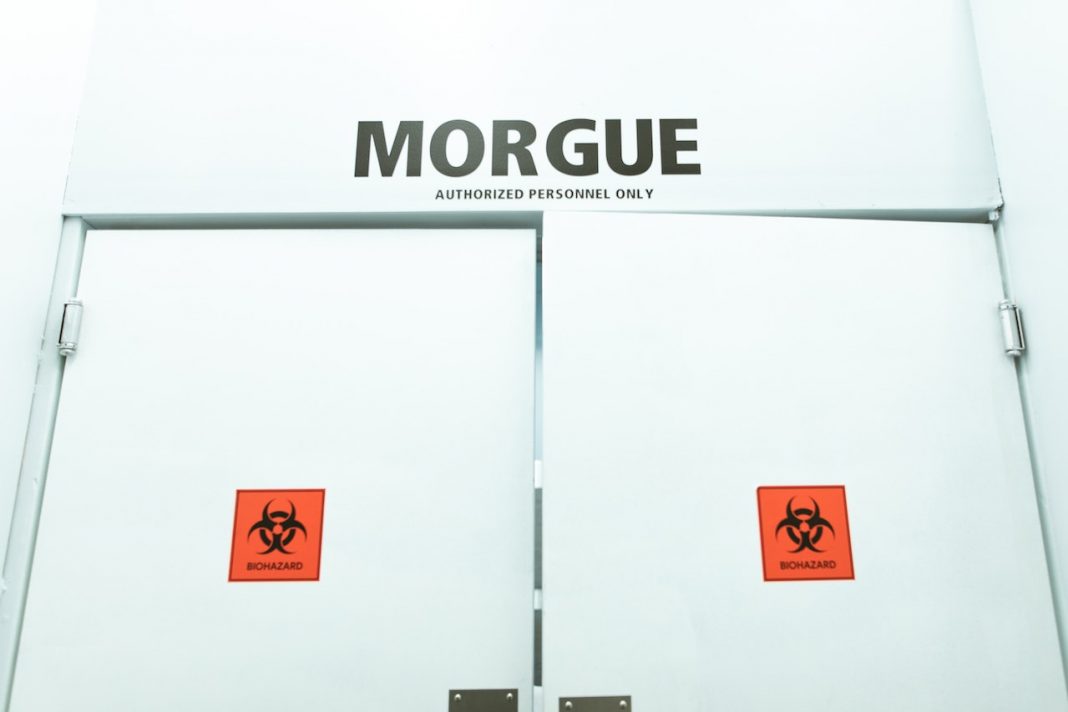A new technology has been developed employing water instead of fire whenever people cremate their dead loved ones. It is called “water cremation” and 15 states in the US are now offering it.
Water cremation, also known as alkaline hydrolysis or aquamation, is an innovative way of disposing of human or animal remains that uses water and alkaline chemicals to break down the body into its basic components.
Water Cremation: How Its Done
During the process, the body is placed in a specially designed stainless-steel chamber, filled with water and potassium hydroxide (KOH) or sodium hydroxide (NaOH). The chamber is then heated to around 350 degrees Fahrenheit (176 degrees Celsius), and the combination of heat, pressure, and chemicals causes the body to dissolve into liquid and bone residue.
The liquid byproduct is sterile and contains no DNA, and it can be safely poured down the drain or used as fertilizer. The bone residue is then processed into a fine powder, similar to the ashes produced by traditional cremation.
The benefits
There are certain positives to water cremation over the traditional way of cremating dead bodies:
Environment-friendly
Water cremation uses less energy and produces fewer greenhouse gas emissions compared to traditional cremation. It also avoids the release of harmful pollutants such as mercury and dioxins that are produced during incineration.
No embalming required
Water cremation does not require embalming fluids, which can contain harmful chemicals that can be released into the environment during cremation or burial.
Safer for workers
Water cremation does not produce harmful fumes or smoke that can be harmful to crematory workers.
A gentler process
Water cremation is a gentler process that does not use flames or extreme heat, and it preserves more of the body’s natural structure and appearance.
Eco-friendly end product
The byproduct of water cremation is a sterile liquid that can be safely returned to the environment, unlike the ashes produced by traditional cremation, which can contain traces of mercury and other toxins.
Water cremation is currently legal in several US states and is becoming increasingly popular as a more environmentally friendly and sustainable option for end-of-life care.
Read More News
E. Jean Carroll: Trump has a “cave-man” view of women
The photo above is from Pexels

